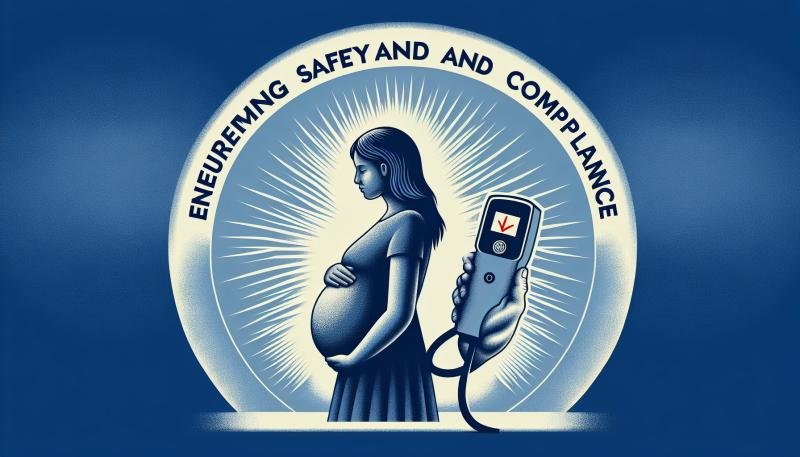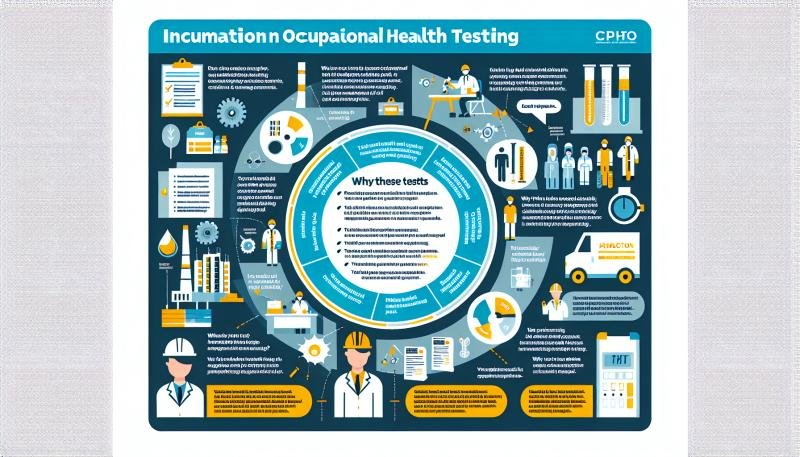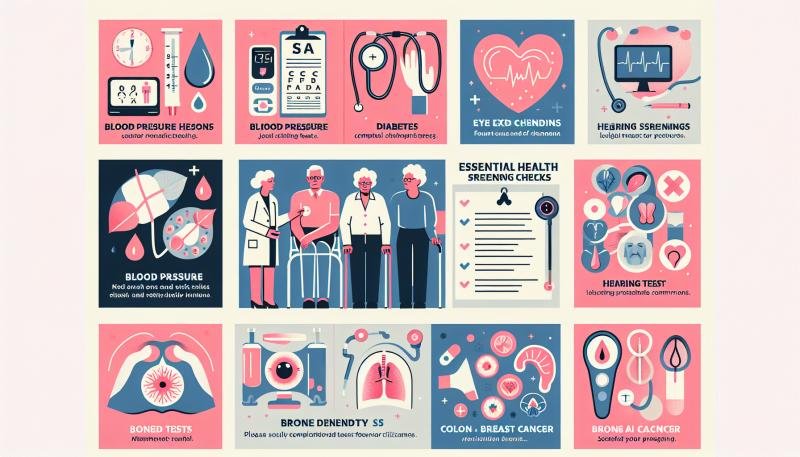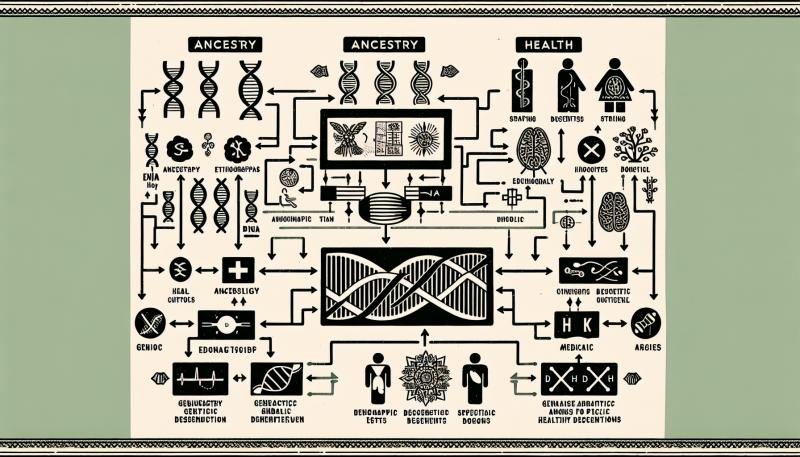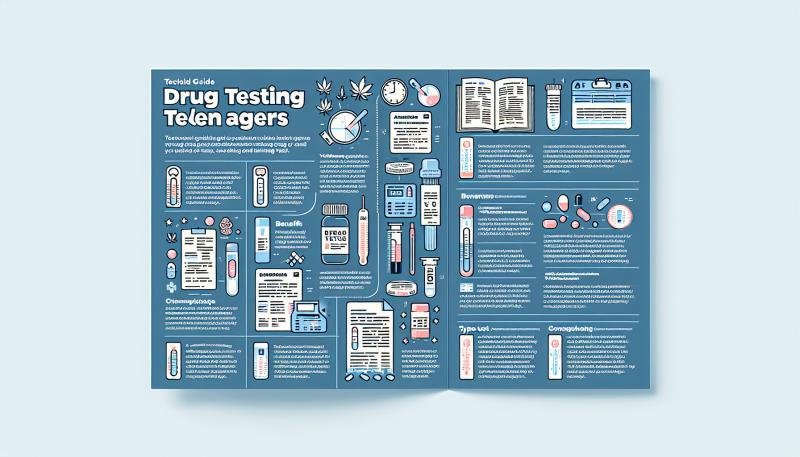Alcohol Testing for Pregnant Women: Ensuring Safety and Compliance
Alcohol consumption during pregnancy has been widely studied due to its potential impact on both the mother and the developing fetus. As awareness grows around the importance of fetal health and maternal responsibility, many are turning to alcohol testing as a reliable method to ensure safety and compliance throughout pregnancy. This article explores the importance of alcohol testing for pregnant women, focusing on its safety implications and the role it plays in fostering a healthier pregnancy. Understanding the Risks The consumption of alcohol during pregnancy is associated with a spectrum of adverse effects on the fetus. Among the most severe outcomes is Fetal Alcohol Spectrum Disorders (FASD), which can result in lifelong physical, behavioral, and cognitive disabilities. Any level of alcohol consumption can be risky because alcohol easily crosses the placental barrier, affecting the developing fetus. Even moderate consumption can increase the likelihood of miscarriage, stillbirth, or a range of developmental disorders. The Importance of Alcohol Testing Alcohol testing for pregnant women serves multiple purposes. It acts as a preventive measure, identifying risks early in the pregnancy. It also supports healthcare providers in advising and monitoring pregnant women who may have difficulty abstaining from alcohol. By obtaining clear data on alcohol consumption, expectant mothers and healthcare professionals can make informed decisions that prioritize fetal health and maternal well-being. Testing methodologies range from questioning and self-reporting to more objective biochemical tests. Considering all these aspects allows for a comprehensive approach to managing alcohol consumption during pregnancy. Testing Methods Self-Reporting Self-reporting is often the first line of testing, where the pregnant woman provides information about her alcohol consumption habits. While it might offer some valuable insights, this method can be unreliable due to underreporting or misreporting by the individual. Blood Tests Blood tests can provide an accurate measure of alcohol levels and are a well-established method for detecting recent alcohol consumption. However, their invasive nature and the short window of detection can pose limitations. Urine Tests Urine tests are less invasive and can detect alcohol use over a slightly longer period compared to blood tests. Yet, they can still be limited by a relatively short detection window and the potential for privacy concerns. Hair Testing Hair testing is a more advanced method that allows for the detection of alcohol use over a much longer period, typically up to 90 days. This method is non-invasive and offers a comprehensive overview of alcohol consumption patterns, making it highly effective for long-term monitoring. Legal and Ethical Considerations The legal and ethical aspects of alcohol testing during pregnancy must be carefully managed to ensure respect for women’s rights while promoting fetal health. Mandatory testing raises ethical concerns, as it touches on issues of autonomy and privacy. Therefore, testing should always be accompanied by proper counseling and support, ensuring that it is conducted with the informed consent of the expectant mother. Healthcare providers need to balance these considerations while advocating for both mother and child’s health. Supportive measures, rather than punitive ones, typically encourage better compliance and outcomes. Benefits of Alcohol Testing During Pregnancy IMS Screening Solutions Leading the way in alcohol testing, IMS Screening Solutions provides a range of reliable testing services that help ensure the safety and compliance of pregnant women. With cutting-edge methodologies and a professional approach, IMS Screening Solutions positions itself as a committed partner in advancing maternal and fetal health. To learn more about the services offered by IMS Screening Solutions and how they can support you or your loved ones during pregnancy, visit their website at https://imsscreeningsro.com/. Conclusion The role of alcohol testing in pregnancy extends beyond simple detection; it’s an integral part of fostering safe and healthy pregnancies. By identifying potential risks and guiding healthcare decisions, alcohol testing supports both expectant mothers and healthcare providers in prioritizing the health of both mother and child. As providers like IMS Screening Solutions continue to lead in this essential area, they ensure that routine alcohol testing becomes an accessible and vital tool for public health.

